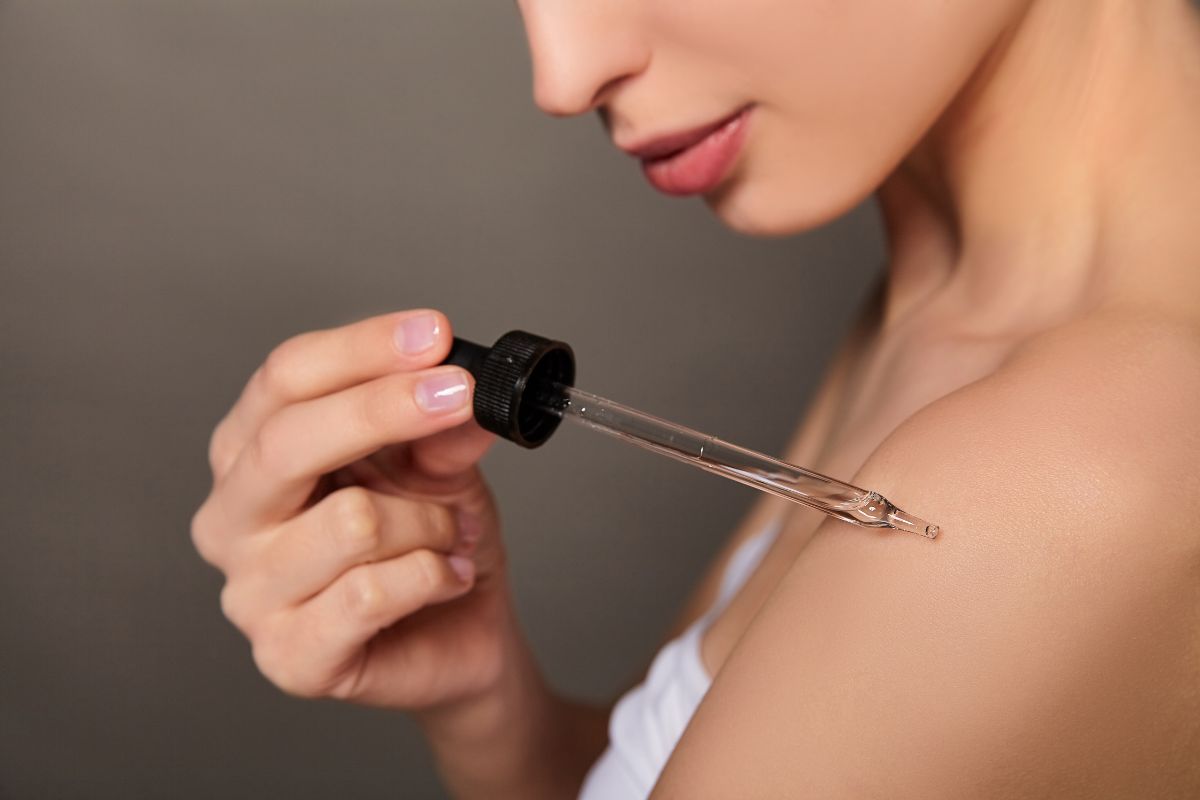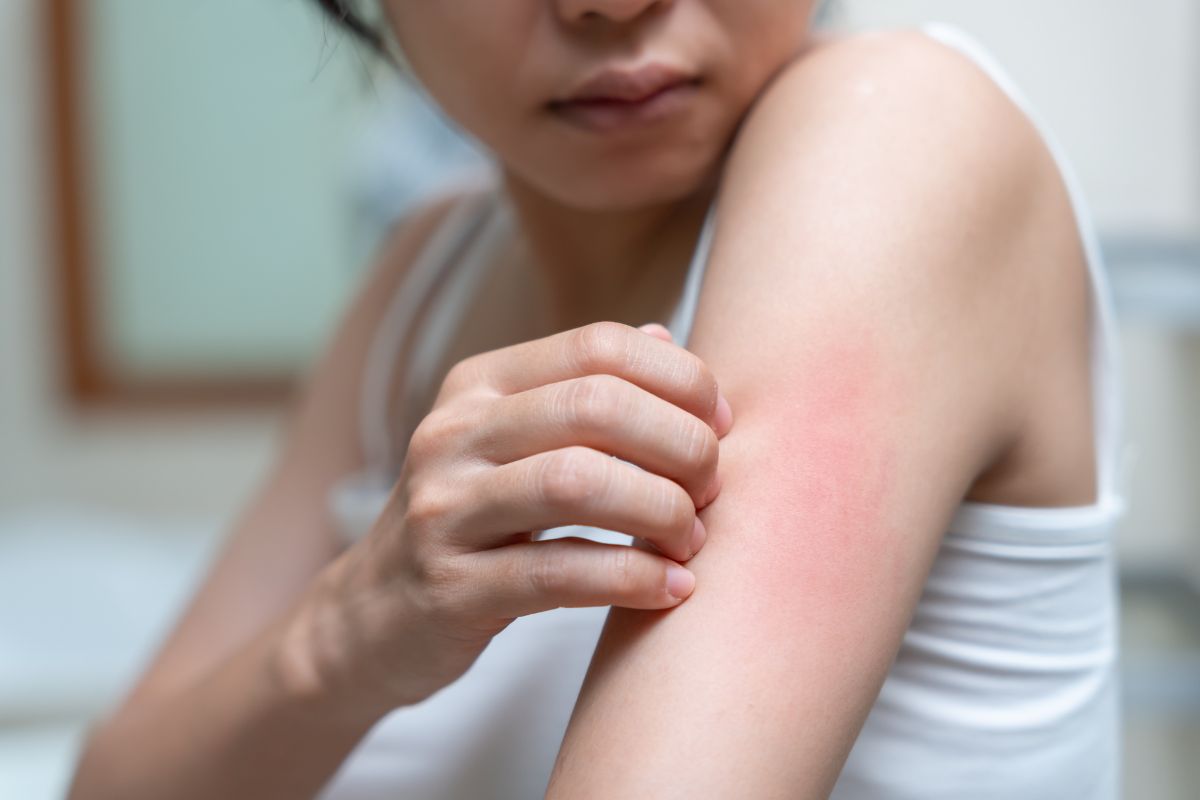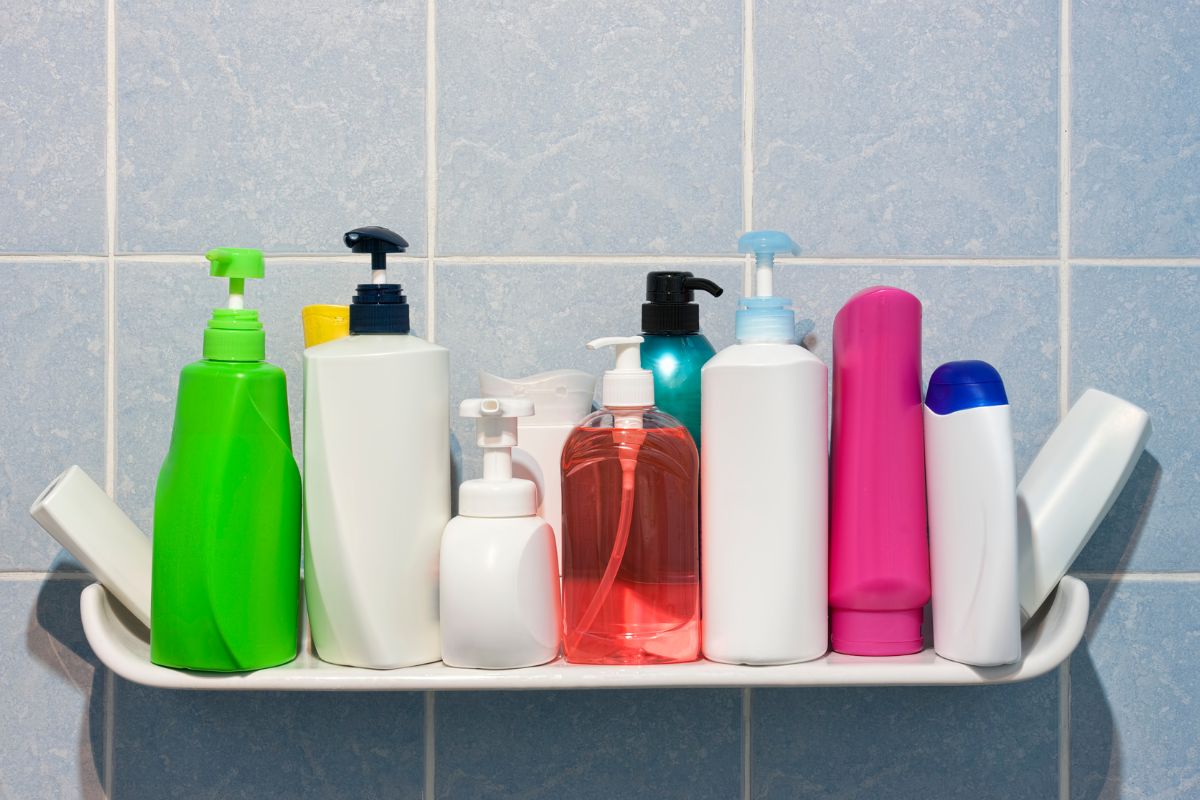How Often Should You Really Shower? A Dermatologist’s Perspective

Showering is a daily ritual for many of us, but have you ever wondered if it's necessary to shower every single day? The debate over how often you should shower is an ongoing topic of discussion, especially in relation to skin health.
While some individuals swear by their daily showers, others may find less frequent bathing to be beneficial for their skin. So, how often should you actually shower to maintain healthy skin without compromising your natural skin barrier? Let’s take a deeper look from a dermatologist’s perspective to understand the science behind showering frequency and its effects on your skin.
The Impact of Showering on Your Skin
Your skin is a delicate organ that serves as a barrier against harmful bacteria, pollutants, and environmental toxins.
When you shower, you're washing away sweat, dirt, oils, and dead skin cells—but you're also washing away the natural oils that help to keep your skin hydrated and protected.
Showering too frequently can strip your skin of these essential oils, leading to dryness, irritation, and even eczema or psoriasis flare-ups.
 The Importance of Skin’s Natural Oils
The Importance of Skin’s Natural Oils
The skin produces oils known as sebum, which are crucial for keeping the skin’s outer layer (the epidermis) healthy and functioning properly. These oils help to:
Maintain hydration: Sebum prevents moisture loss, keeping the skin supple.
Protect the skin barrier: These oils form a protective layer against pollutants, bacteria, and environmental stressors.
Prevent irritation: By maintaining balance, natural oils help soothe and protect sensitive skin.
When you shower, especially with hot water and harsh soaps, you risk removing too much sebum, leading to skin that is dry, itchy, or sensitive. The key, however, lies in moderation—finding the right balance between cleansing and preserving your skin’s natural defenses.
How Often Should You Really Shower?
There is no one-size-fits-all answer to how often you should shower, as the ideal frequency depends on various factors, including your skin type, lifestyle, and environment.
Dermatologists generally recommend adjusting your shower routine based on your unique needs.
1. Skin Type Matters
Your skin type plays a significant role in determining how often you should shower.
Dry Skin
If you have dry skin, showering too frequently can exacerbate your skin’s condition. Hot water and harsh cleansers can strip away the natural oils, leaving your skin feeling tight and uncomfortable.
In this case, showering every other day or even two to three times a week is often sufficient.
 Oily Skin
Oily Skin
For individuals with oily skin, more frequent showers may be necessary to help manage excess oil and prevent clogged pores or breakouts.
However, it's important to avoid using overly aggressive soaps or hot water, as they can trigger your skin to produce even more oil as a compensatory mechanism.
Showering once a day should be fine for most people with oily skin, but make sure to use a gentle, hydrating cleanser.
Sensitive Skin
If you have sensitive skin, showering every day might not be ideal, as your skin could become irritated more easily. You may want to shower every other day and use mild, fragrance-free products to prevent irritation or allergic reactions.
Always make sure to moisturize after showering to help lock in hydration.
2. Your Activity Level and Environment
If you’re someone who exercises regularly, works outdoors, or sweats more than average, you may need to shower more frequently to remove sweat and bacteria.
On the other hand, if you live in a cool climate and don’t sweat as much, you may not need to shower every day.
 Active Lifestyles
Active Lifestyles
For those who work out or engage in activities that cause sweating, showering after each session is important to prevent bacterial buildup and keep your skin clean. However, remember to choose gentle products that won’t dry out or irritate your skin.
Sedentary Lifestyles
If you have a more sedentary lifestyle and don’t sweat much, showering every other day or every few days may be sufficient for maintaining hygiene while preserving your skin’s natural oils.
3. Your Shower Habits Matter
How you shower is just as important as how often you shower. The temperature of the water and the type of products you use can make a big difference in your skin's health.
Water Temperature
Hot water can be very damaging to the skin, as it strips away essential oils. When possible, shower with lukewarm water to prevent your skin from becoming dry or irritated.
After showering, pat your skin gently with a towel rather than rubbing it, which can also cause irritation.
 Choosing the Right Products
Choosing the Right Products
Opt for mild, hydrating body washes and avoid harsh soaps that contain sulfates and fragrances, which can strip your skin’s natural moisture.
For those with sensitive skin, fragrance-free products or natural oils like coconut oil or olive oil can be great alternatives.
When to Shower More Frequently
While most people can benefit from showering every other day or even less frequently, there are certain circumstances where showering more often is necessary.
After Exercise
Showering after exercise helps remove sweat, bacteria, and oil buildup that could clog pores and lead to acne or skin irritation. If you have acne-prone skin, it’s crucial to cleanse after sweating to avoid breakouts.
After Exposure to Harsh Environments
If you’ve been exposed to pollutants, chemicals, or other harsh environmental factors, it’s essential to shower to remove toxins from your skin.
For example, after gardening, working in a dusty environment, or using chemicals, it’s important to cleanse your skin properly.
 If You Have Certain Skin Conditions
If You Have Certain Skin Conditions
If you suffer from skin conditions like eczema, psoriasis, or rosacea, your dermatologist may recommend a tailored shower routine that balances cleanliness with skin health.
These conditions can sometimes be aggravated by too-frequent washing, so it’s best to consult your healthcare provider for personalized guidance.
How to Maintain Healthy Skin While Showering
Regardless of how often you shower, there are some key practices you can follow to protect your skin’s health:
Moisturize after every shower: Apply a hydrating moisturizer immediately after showering to lock in moisture while your skin is still damp.
Avoid harsh exfoliants: Excessive scrubbing or exfoliating can irritate and damage your skin’s barrier. Use gentle exfoliants and limit exfoliation to once or twice a week.
Consider oil cleansing: For those with dry or sensitive skin, oil cleansing can help remove dirt without stripping away natural oils.
Finding the Right Shower Routine for Your Skin
In conclusion, showering frequency ultimately depends on your skin type, lifestyle, and environment. While daily showers might be necessary for some, many people can benefit from showering every other day or even less frequently.
By choosing the right products, using lukewarm water, and moisturizing after each shower, you can keep your skin healthy, hydrated, and glowing.
Listen to your skin’s needs, and adjust your routine to find the perfect balance for your personal skin health and hygiene.
Did you find this post useful or inspiring? Save THIS PIN to your Beauty Board on Pinterest! 😊


 The Importance of Skin’s Natural Oils
The Importance of Skin’s Natural Oils Oily Skin
Oily Skin Active Lifestyles
Active Lifestyles Choosing the Right Products
Choosing the Right Products If You Have Certain Skin Conditions
If You Have Certain Skin Conditions
You may also like